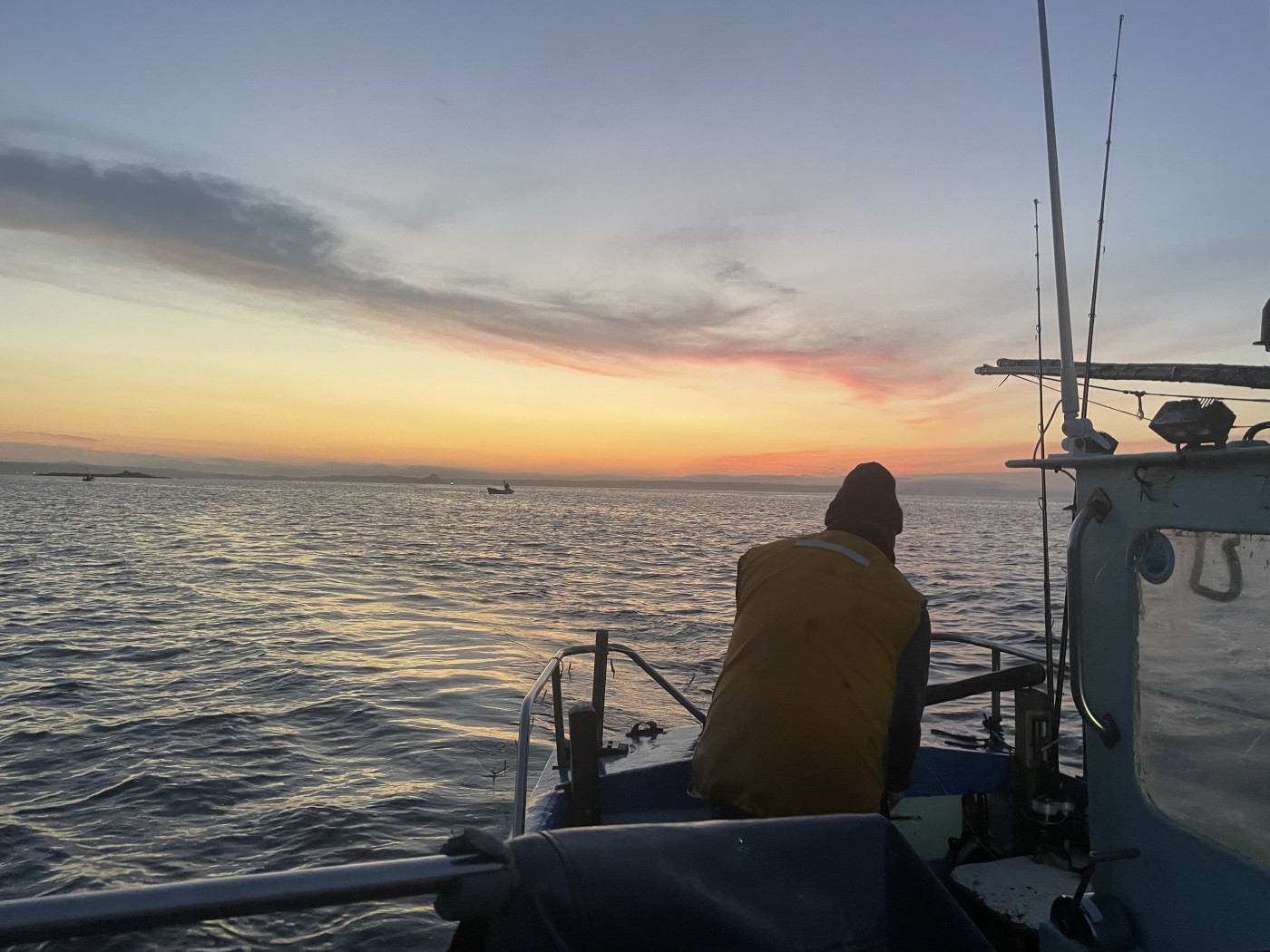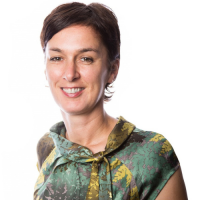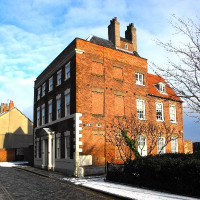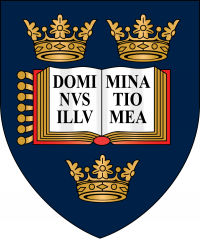It began with a simple chest infection. Who knows where it came from: the wind? The job? Just because? But Stephen Astley, a Newlyn fisherman known to all in Newlyn and about as “Cod,” was soon in hospital. The simple chest infection soon became sepsis, and as sepsis does, his blood began to attack itself. “I died,” he tells me, as we sit at sea in the quiet dark of an early morning — the fishing hours — and bob in his punt, as this type of small boat is called in Newlyn. There is a line played out to catch mackerel, and the engine is the only disturbance in this profound morning quiet, along with the odd shout from another fisherman in another punt with another line. Cod died and Cod was revived, and once he was back to himself, he became determined to fish again. Except he had become a disabled person: sepsis had taken his two lower legs and a few fingers. But it had left him his ears, so he is grateful.
I met Cod by chance. I’d come to Newlyn to go to sea on trawlers and larger boats. But my contact in Newlyn is the indefatigable Laurence Hartwell, who runs the blog Through the Gaps, and is usually found at the fish market at 6am or so, in his white fishmonger’s coat. Larry had other ideas, once he saw a man in a mobility scooter heading our way. Cod. You should go fishing with Cod; he’s the best bass fisherman in Newlyn.
Cod says yes, happy to. Meet you at 4 tomorrow morning?
What is it with fishermen’s time? I will never get used to it. The French call the hours between dusk and sunset “between the dog and the wolf” but they probably don’t have an animal for what the world feels like at 3am, sitting at a borrowed kitchen table, trying desperately to eat something to fill my stomach so that I will not be sick on the boat, while knowing there will be no toilet.
Cod told me to meet him at the gates to the pontoon, which are locked. I don’t know the code, and there is no sign of Cod, nor does he answer his mobile. A passing fisherman lets me in and I find Cod on his punt, looking like he has been there for hours (he had been there five minutes). He is wearing a woolly hat and a head-torch; I am wearing my allotment wellies, oilskins and a lot of layers. We depart, out of the harbour and through the gaps, and I feel fortunate. There is such beauty to a quiet departure to sea in the hours of darkness.
Cod is not named for his fishing abilities. His cousins once bought him a sweatshirt back from holiday, and they had been staying in Cape Cod. As is the way with fishermen, the nickname stuck. But although Cod arrived from Devon at the age of 4 and will always be Devonish and an incomer, he has been a Newlyn fisher for more than half a century, and the fishing community stepped up for one of their own.
“They were amazing,” he says. He had no disability payment for months, and had to live off his savings and his wife’s teaching salary. The fisher people came round, they brought food, they looked out for him, they raised money to paint his boat and for a new autopilot. “Animateur ” at Seafood Cornwall helped him apply for funding to change his boat: non-slip decks, handrails, seats. He wanted to go fishing, because “I lived by it,” but it had to be safe. Newlyn Harbour paid for a swing ladder to enable him to get on and off his punt, at the pontoon where it is moored. The lifeboat crew bought him his mobility scooter. He is allowed, unlike any one else, to store things on the pontoon. And he has legs.
He got his first prosthetic legs in November 2016, several months after his chest infection. “But my scars hadn’t healed yet,” so he didn’t start experimenting until early the following year. “I had to learn to walk again. It was weird. They are heavy, but your legs are heavy.” He didn’t just need to learn to walk though: he needed to be able to balance. Sea people walk differently on boats than on land: they have to brace their knees more against the pitching and rolling. They stress their joints. So Cod needed legs that could be sea legs, that were stable and that could resist better the elements. His sea legs contain stainless steel and carbon fibre, so if they rust, they rust very slowly. His shore legs have no steel. So now he has fishing legs, shore legs, and that nifty mobility scooter that he can be seen in, zipping around Newlyn, a tub of mackerel between his feet.

Stephen Cod Astley

Sunrise in Newlyn, Cornwall
On the boat now, I am perched on the side and he is sitting on his specially installed seat, a short distance from the tiny wheelhouse, which has grab rails. His poles for bass fishing are mounted on the wheelhouse; and he is easily able to hand-spool out the line, already baited with shiny plastic. We’re not bass fishing today but mackereling. That is another fishing verb along with “tuna-ing,” which Cod used to do, in distant waters. “We were like 100 miles off,” Cod told an interviewer gathering Newlyn oral history. “It took four days to get there. When I came home, the kids had grown up a bit.”
Later, a group of punt fishers gather outside Newlyn’s RNLI building to drink coffee and discuss nothing and everything, and they all laugh that they started in punts, graduated to bigger and bigger boats, and now, at retirement age, they are back in their punts and happy to be there, still fishing.
The fishing isn’t good today. The mackerel aren’t biting. Cod peers at the water. If he knew why they weren’t biting he’d be a lot richer. In a way, their stubbornness is good: because of the scarcity, mackerel prices are buoyant. It won’t take much of a catch to cover his fuel costs – unlike the trawlers that are getting crippled by fuel costs – which is lucky, as he doesn’t get much, and nor does anyone else out mackereling today. The stock has depleted in recent years “because of nets and stuff.” All legal, but greedy.
The fish he does catch die in the plastic bucket he drops them in; or they flail on the deck until he notices. It’s not a quick death but what fisherman can afford compassion? At least not for the fish. Cod introduces me to his friend the gull with yellow legs. This is a well-behaved gull: he sits and waits while the others screech and call and try to pinch the mackerel. For his restraint Yellow Legs gets scraps. It is a simple reward mechanism that suits them both. When he’s fishing by himself, Cod says, they’ll have a conversation even if it’s one-way. He’s not the only Newlyn fisherman to have a pet gull. They are out here for long days sometimes with maybe a radio, but needing to be always alert to the line: conversing with gulls passes the time.
Cod could have retired after his illness. But “fishing is a passion,” he says. He was determined to go back to sea, as determined as when he was a boy growing up in Mousehole, and watching the fishing boats set out and wanting to be aboard. Now, a couple of miles from Newlyn, sitting on his specially designed seat, an arm’s length from the safety bars attached to his small wheelhouse, on his special sea legs, he still doesn’t want to be anywhere else.
To learn more about Rose's work, please visit her website.




